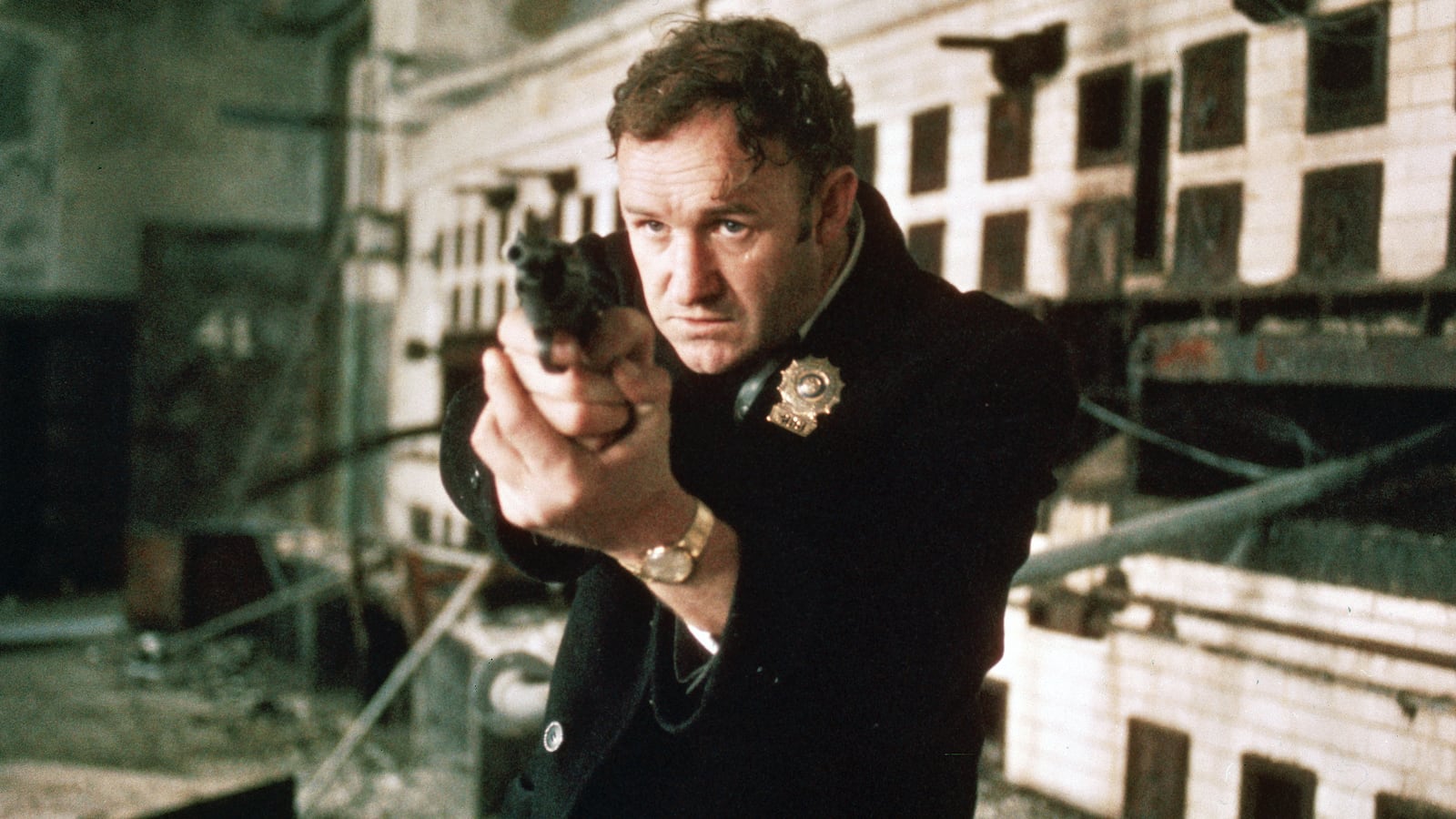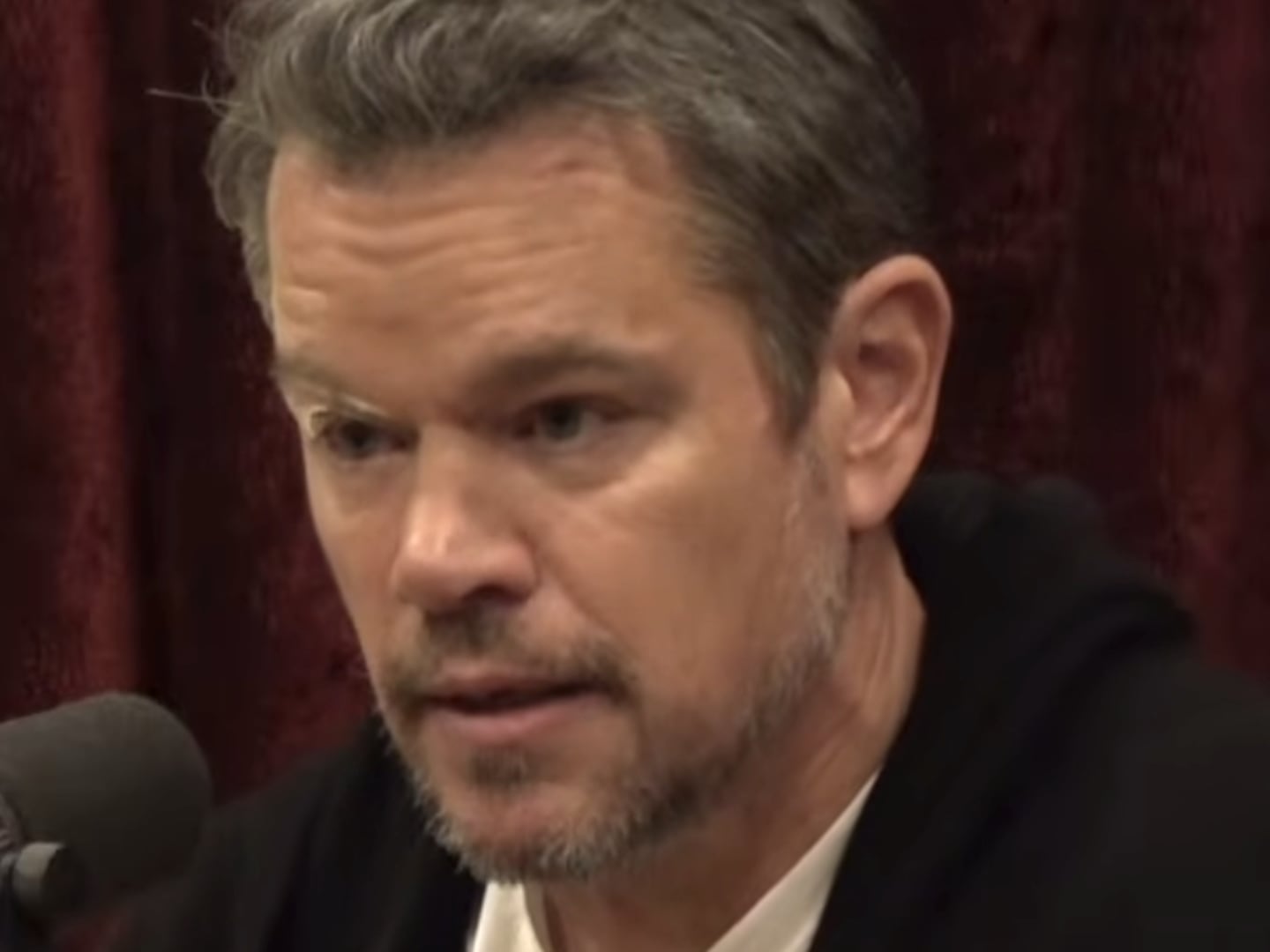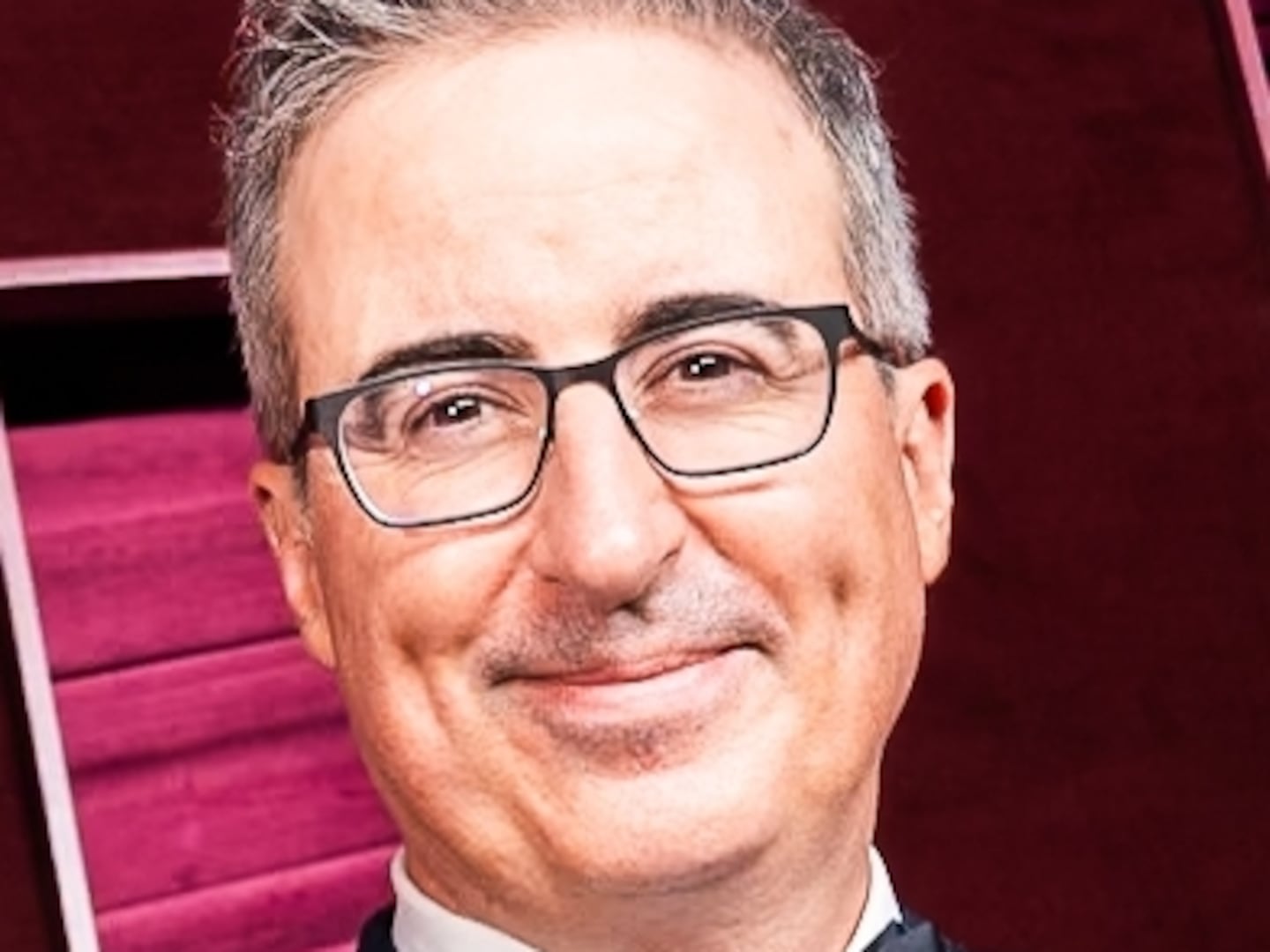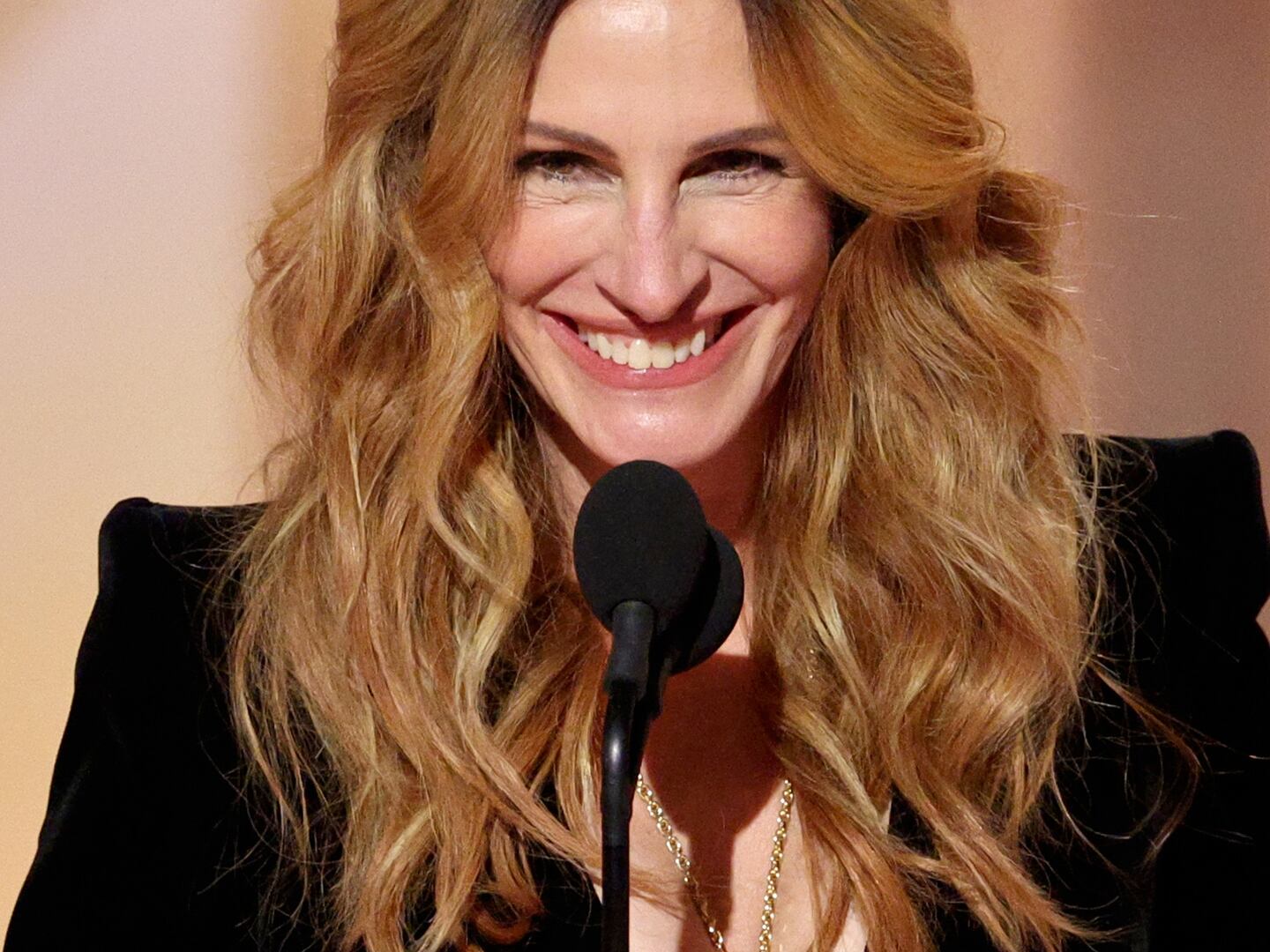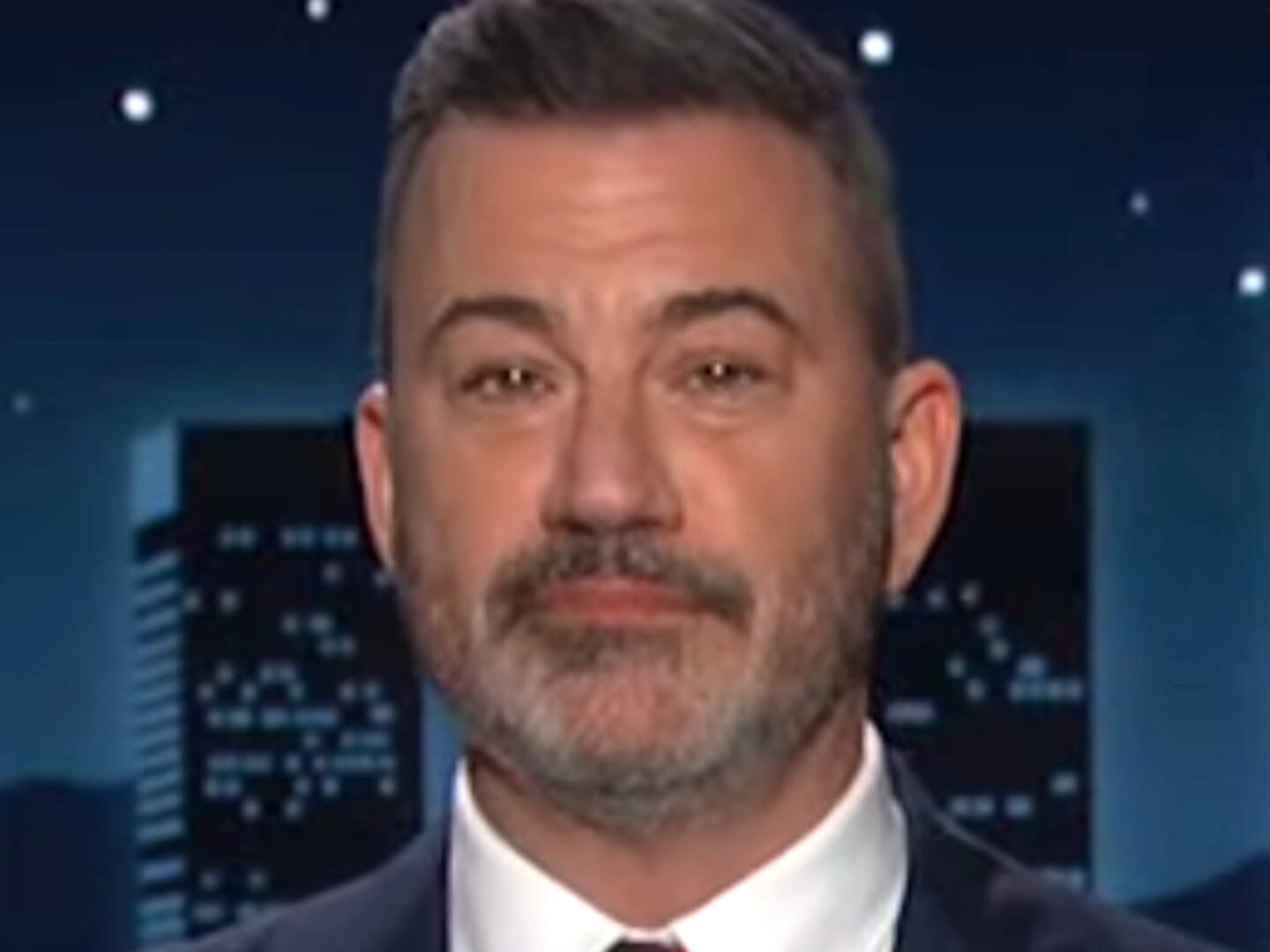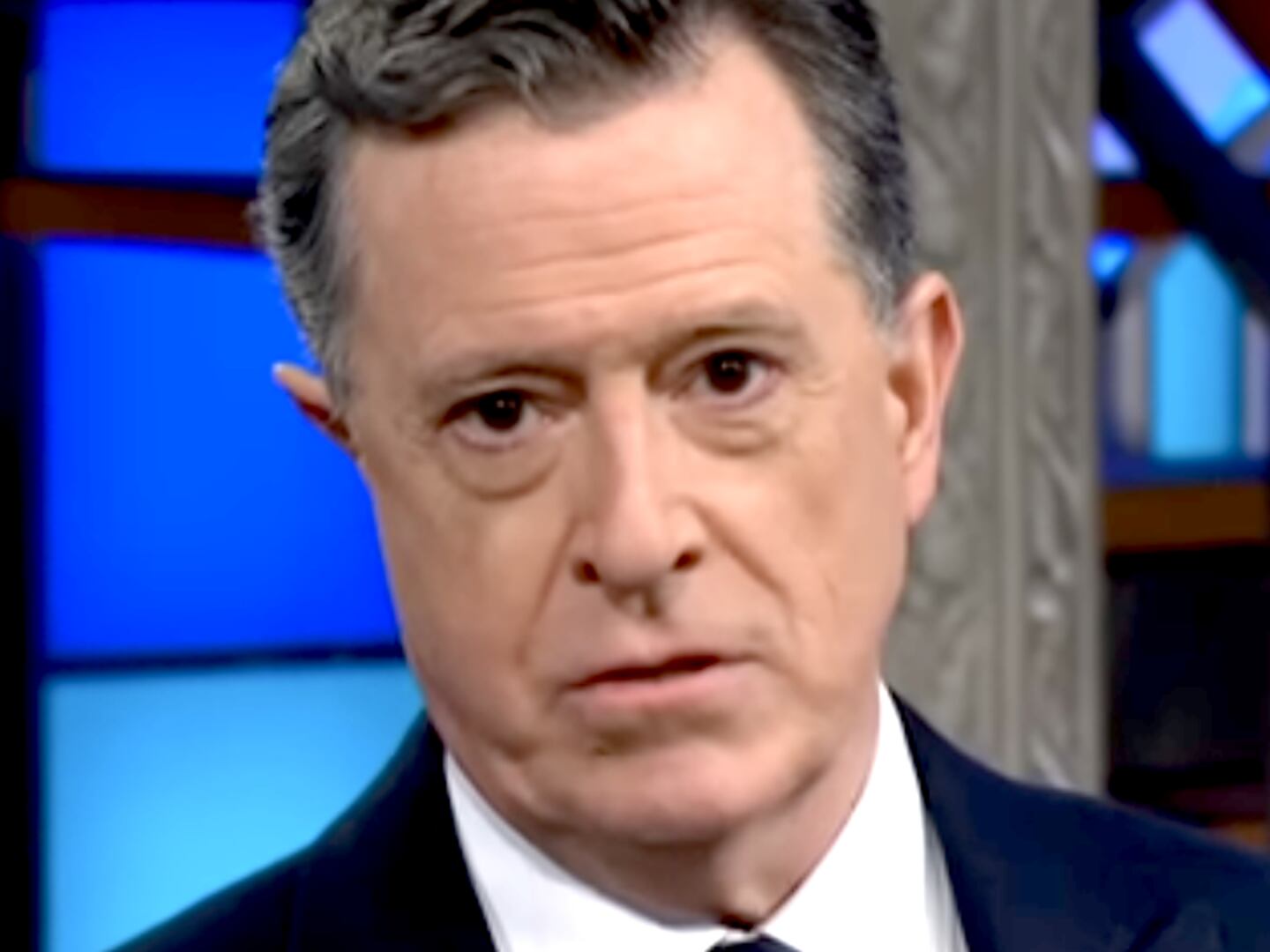It wasn’t until Gene Hackman had been gone from our screens for a while that we noticed something was different. For decades, he had been a near constant presence—and then he wasn’t there anymore. His last role was in Welcome to Mooseport (2004), an innocuous Ray Romano comedy, nothing but another job for the champion of working actors, another movie in which he was better than the material. Then he retired without fanfare. At 74, he settled in New Mexico with his second wife, Betsy Arakawa, wrote books about the old west, and never returned to the craft that made him famous.
Hackman, 95, and Arakawa, 64, were on Wednesday found dead—along with their dog—in their Santa Fe home by police responding to a welfare check. An investigation into their deaths is underway.

The plain beauty of Hackman’s appeal was that he looked like a guy you know: a classmate, an uncle, the clerk at the hardware store. It wasn’t the way he looked that grabbed us, though. It was the way he behaved.
“I try to do everything as real as I can,” he once said, “I never want to get caught acting.”

What he did was make acting look natural—perhaps a backhanded compliment, like being called an actor’s actor, even if it’s not entirely wrong. Better to think of him as any man because of his ability to slide into a variety of roles.
Born in 1930, Hackman grew up loving the kind of bruised masculinity displayed by his own screen heroes James Cagney and Edward G. Robinson. He looked like a man burdened by the past, with regret and rage just under the surface, always in control of the violence within him. We could see his mind calculating a situation, the creases in the corner of his eyes deepening when he broke into a smile, the dog wagging its tail before it bites.

Having lied about his age, a 16-year-old Hackman enlisted in the Marines. After five years of military service, odd jobs, and some work in radio, he found acting, first in California where he met Dustin Hoffman (the two were voted most likely not to succeed in an acting class), and then in New York, where the pair roomed with their pal Robert Duvall.
“I think I would have been out of acting if I had started any younger,” Hackman had said. “I didn’t have the discipline to do the things that are required of you… and I was just right on the edge of being mature enough to understand what it took.”
Early successes in secondary parts landed Hackman the role of his career, the bigoted narcotics detective Popeye Doyle in The French Connection. Director William Friedkin wanted a newcomer for the role, the studio wanted an established star. They split the difference and cast Hackman, who, despite his background, was initially hesitant about how to play the combustible Doyle. He figured it out, the movie was a smash—it won Best Picture and Hackman won for Best Actor.
(In 1992 Hackman won his second Oscar, as the heavy in Clint Eastwood’s retro western Unforgiven.)

Hackman played tortured heroes (Night Moves), thorny villains (The Unforgiven), and guys somewhere in between (The French Connection). He knew his way around westerns, thrillers, family dramas, and comedies—like his delicious cameo in Young Frankenstein. For a generation of American boys, he was the ultimate surrogate dad as the coach in Hoosiers, a bucket of popcorn covered in Velveeta that he grounded in reality and turned into something you can watch over and over without blushing too hard. And yet he didn’t shy away from playing cowards (No Way Out, The Firm), vain, weak men who turn yellow when it counts.
He wasn’t conventionally handsome but you never questioned why Barbara Hershey was attracted to him in Hoosiers. He was a sneaky good leading man in the otherwise limp ’80s features Twice in a Lifetime (Ann-Margaret), Full Moon in Blue Water (Teri Garr), and Another Woman (Gena Rowlands).

He balanced ‘serious’ roles with one foot in the Hollywood game, booking blockbuster gigs like The Poseidon Adventure and A Bridge Too Far. (There were of course good parts that got away: he was fired by Mike Nichols from The Graduate, and turned down the Robert Duvall part in Apocalypse Now because the money wasn’t right. He was originally going to star in and direct The Silence of the Lambs.) He got married, had kids, got divorced, and lived hard; flying planes, racing cars, deep-sea diving—the Hollywood life of a poor boy gone rich. When Christopher Reeve asked why he wanted to play the villain in Superman—this was when co-starring in a superhero movie was one step away from a permanent spot on Hollywood Squares—Hackman said, “You mean, besides the two million?”

In all things, Hackman was clearly a man comfortable with whatever the moment called for. “He is not a natural star, not an incandescent personality like Jack Nicholson,” the actor Brian Dennehy once said, “but he makes luminous the problems of being an ordinary man in an extraordinary situation.”
Or rather, in his own words: “I’m not a star,” Hackman once told American Film. “I’m an actor!”

